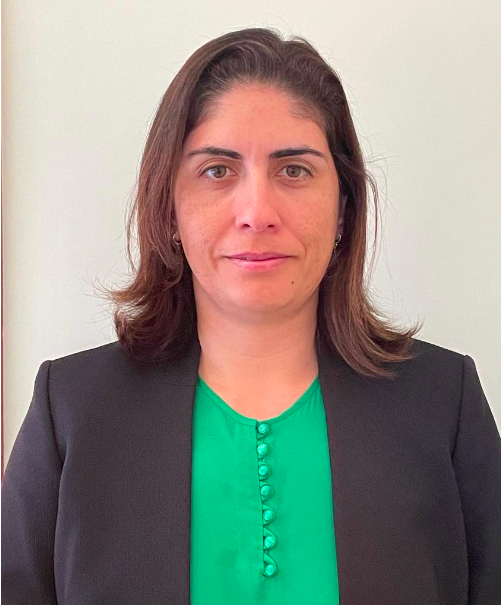Opening Lecture
Title: Human factors, computing, and children
Speaker: Juan Pablo Hourcade
Description:
Human factors have been involved in key changes in the history of computing, making processes more efficient, broadening who can use computers, and expanding the applications of computing. These transformations have led to computing being ubiquitous in our lives, impacting even young children, not always in a positive way. In this talk, Hourcade presents a vision for children’s technologies that contrasts with prevailing industry approaches, focusing on creativity, collaboration, connections, and control, and presents an example of a technology, StoryCarnival, that moves in his proposed direction. He concludes by discussing key guidelines for designing technologies for children.
Bio:
Juan Pablo Hourcade is a Professor at The University of Iowa's Department of Computer Science and Director of Graduate Studies for the Interdisciplinary Graduate Program in Informatics. His main area of research is Human-Computer Interaction, with a focus on the design, implementation, evaluation, and ethics of technologies that support creativity, collaboration, well-being, healthy development, and information access for a variety of users, including children and older adults.
Dr. Hourcade is the author of Child-Computer Interaction, the first comprehensive book on the topic, and has held various leadership roles in his research community (e.g., Papers Co-Chair for CHI 2016 and CHI 2017). He is in the Editorial Board of Interacting with Computers and the International Journal of Child-Computer Interaction. In 2022, he was named ACM Distinguished Speaker.

Closing Lecture
Title: Sensor-supported Interaction for Mental Health and Well-being
Speaker: Vânia Neris
Description:
Everyday life is filled with sensors that capture data of interest, including those related to mental health and well-being. However, the greater challenge lies in how to make sense of so much data in a way that the real context is well represented. This lecture aims to discuss this challenge and, to do so, presents a synthesis of an academic journey that begins with offering user-specific interfaces from user-informed data, through the collection of emotional cues through sensors, and the design of computer systems that aim to support mental health and well-being by placing humans at the center of data processing in a human-in-the-loop approach.
Mini CV:
Vânia Neris is an Associate Professor in the Department of Computer Science at the Federal University of São Carlos (UFSCar), where she leads the Laboratory of Flexible and Sustainable Interaction (LIFeS). She served as a visiting researcher at the Department of Information Science and Technology at George Mason University in the United States. She received a Ph.D. in Computer Science from the State University of Campinas (UNICAMP) and conducted research at the University of Reading in the United Kingdom during her Ph.D. She holds a degree in Computer Engineering from UFSCar and has been conducting research in the field of Human-Computer Interaction since 1999.
